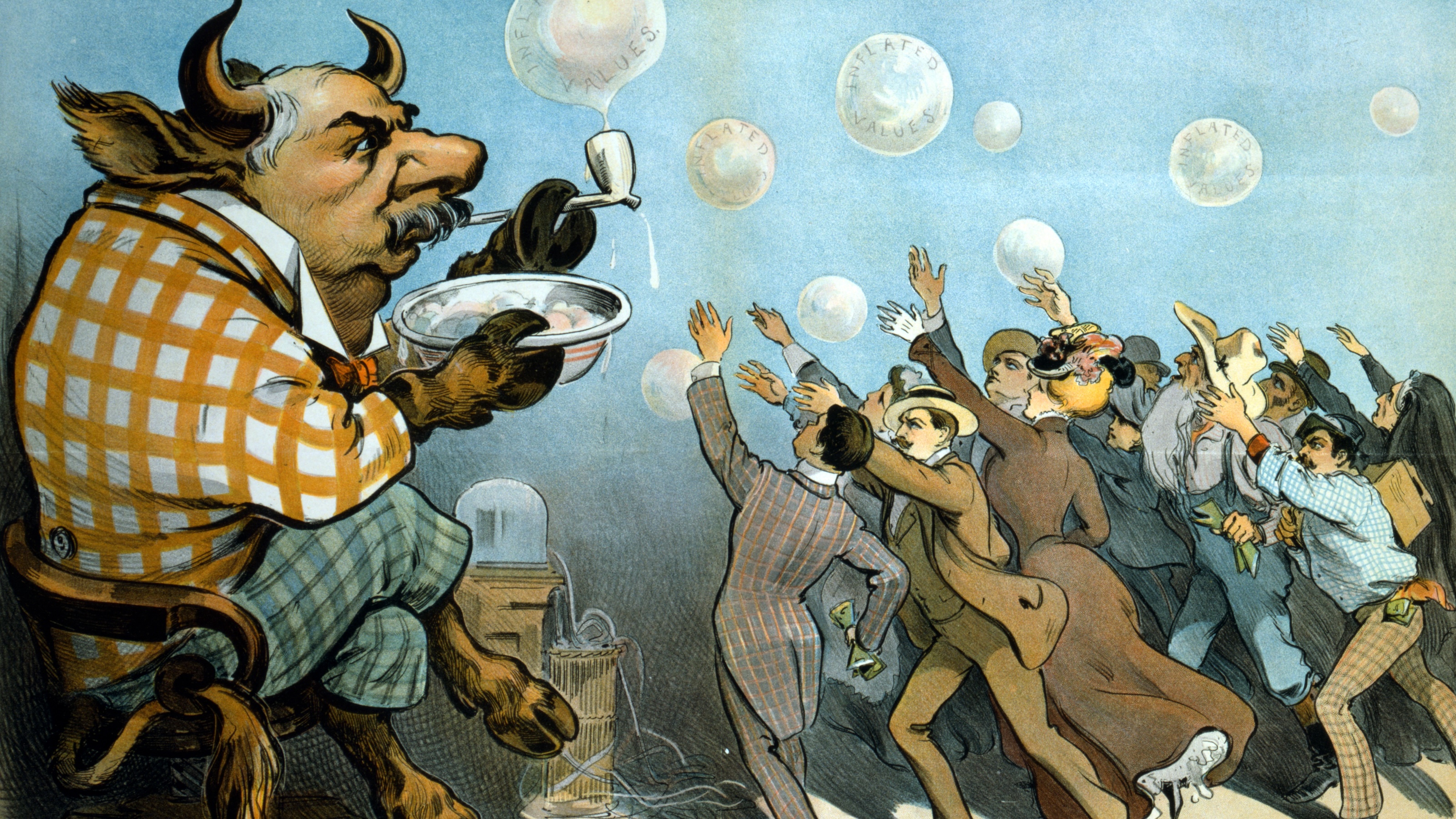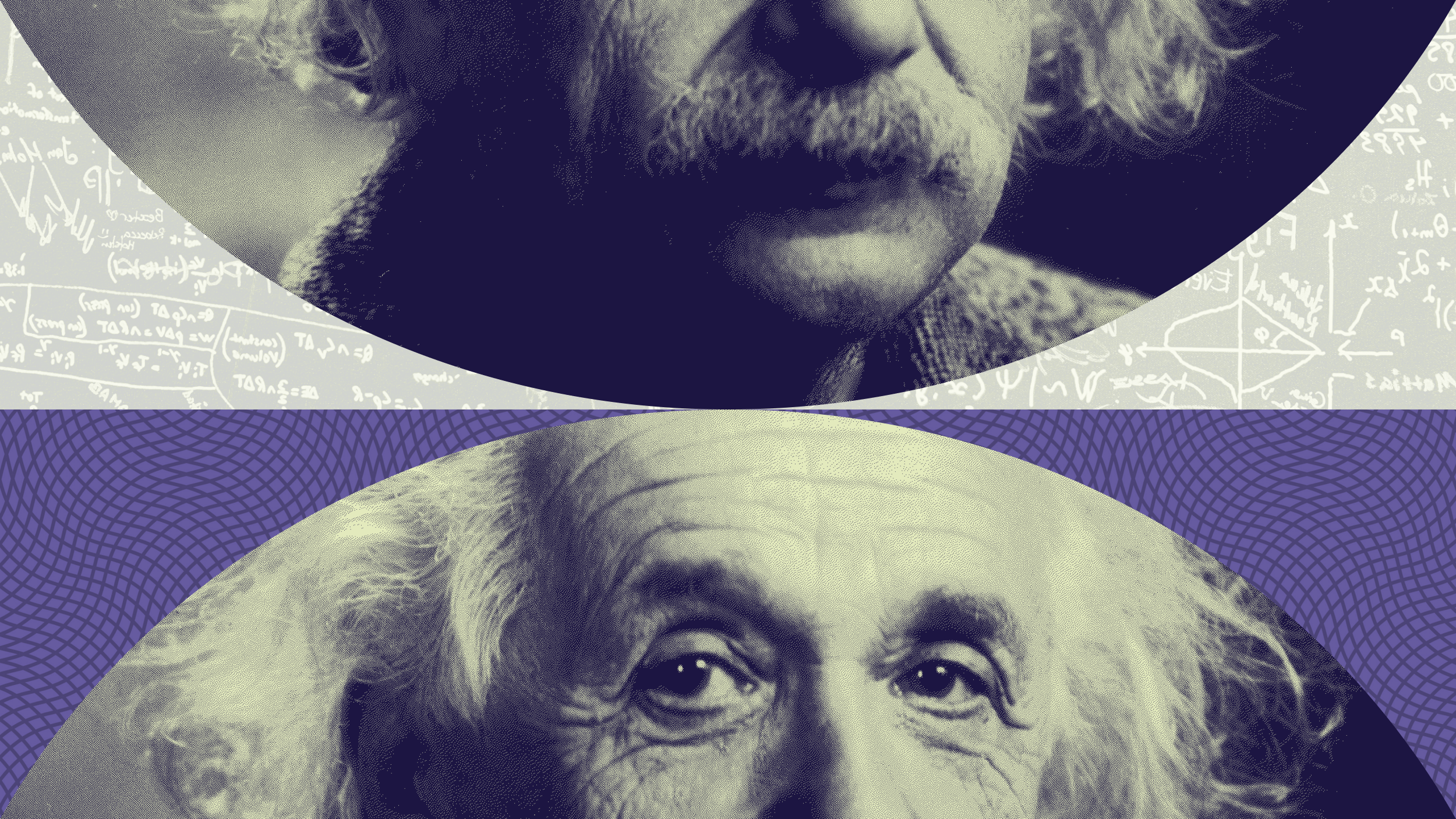Some science is risky, but much of science is not, says Randall.
Lisa Randall: I’m a little bit hesitant to overstate the risk because some science is risk and some science is not. I do think that probably biological advances will entail ethical consider . . . issues. And I don’t mean that we shouldn’t be doing certain types of research. But in the end we should be able to evaluate. For example if we do understand genes, how much do we want to be able to engineer? I mean those . . . I don’t know that that’s a risk, but I think it’s important to be able . . . that there’s a systematic way of asking these questions and that they’re on the table. There probably are risks to the environment. There probably are risks to our food supply. And it’s not necessarily from science, but sort of how science is applied in sort of more agricultural and industrial sort of contexts. There probably are risks associated with antibiotic resistant bacteria. There are risks of that sort. But a lot of the risks, I think, have to do with how things are applied in general. And I think that has . . . I mean it’s not just that science research could be controlled, but perhaps industries using scientific analysis should be better controlled. For example, you know, bio engineered food – it’s not that it’s necessarily bad, but there should be some way of regulating it to see if it is bad or not. And right now it’s not . . . I mean so I think the risks are sort of that things are changing so fast that sort of regulation doesn’t necessarily keep up with it. So that’s probably more of the risks at this point. Recorded On: 11/2/07






